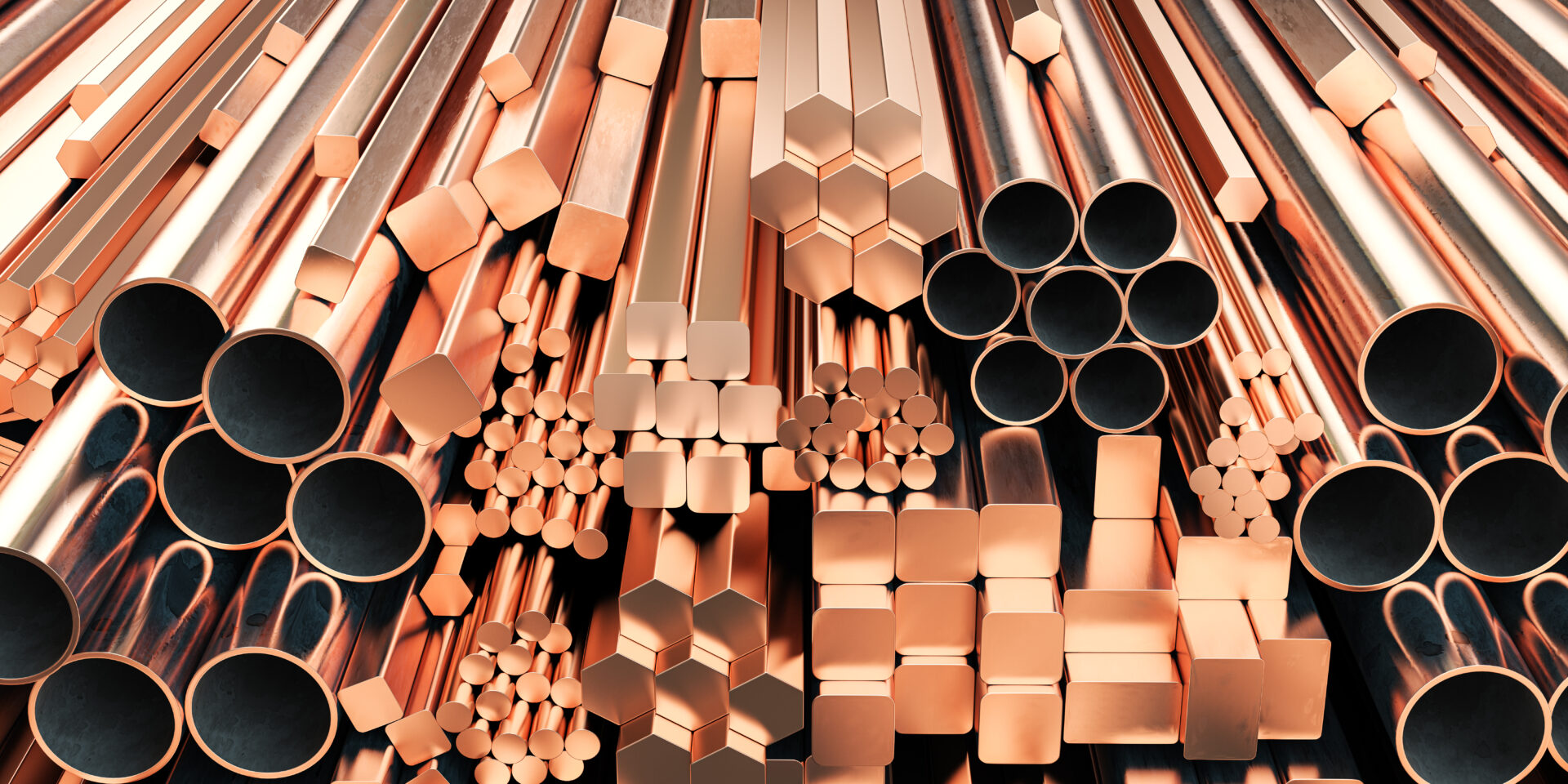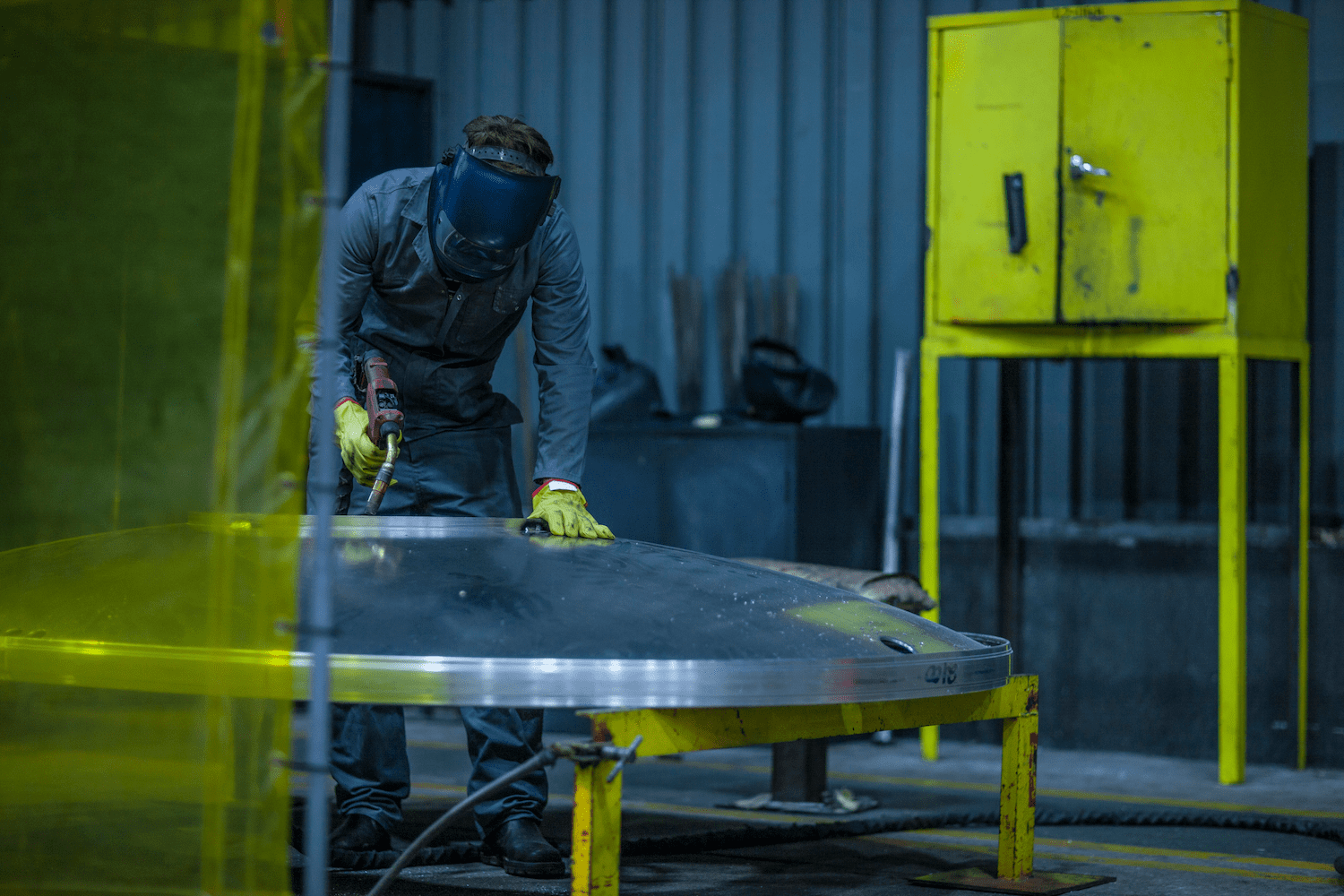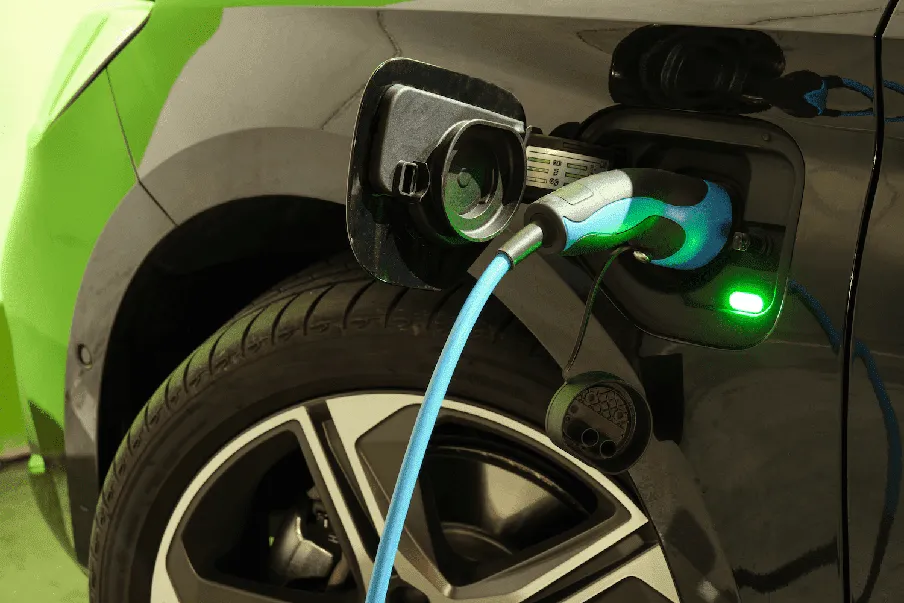
Scrap Metal Recycling boosts the environment! Recycling offers two universal benefits: one that is environmental, and the other that’s economic.
Every year, more than 150 million metric tons of scrap materials get recycled across the United States. The Institute of Scrap Recycling Industries notes that this includes 85 million tons of iron and steel, 5.5 million tons of aluminum, 1.8 million tons of copper, 2 million tons of stainless steel, 1.2 million tons of lead and 420,000 tons of zinc.
And that’s not even the entire list. There are other metals being recycled, including tin, chrome, brass and magnesium.
We all benefit from this, as it makes our environment that much cleaner.
Earth-Friendly Approach to Scrap Metal Recycling
Recycling scrap metals is very environmentally-friendly. It frees up space in landfills, eliminating the need for large metals being stored there.
That means land is being used more productively.
It’s easy to recycle and reuse metals. Their reuse has another big benefit: reducing the potential for environmental hazards associated with mining.
For example, scrap metal recycling can reduce greenhouse gas emissions that get produced during the operations used to make metal from virgin iron-ore. Compared to virgin iron-ore, the energy savings from recycling metals are substantial. The U.S. Geological Survey reports that 60 percent of steel production comes directly from recycled iron and steel scrap.
It reaches 50 percent for the proportion of copper that comes from recycled materials.
Natural resources also get conserved through metal recycling. If we recycle just one ton of steel, that conserves 2,500 pounds of iron ore. The amount of energy conserved from recycling steel is enough to power 18 million homes for a year. The total amount of energy saved each year by making aluminum from recycled material can add up to millions of megawatt hours of electricity.
American Recycler reports that even metal coins offer substantial benefits once they get recycled. “Consider this: Each year Americans accidentally throw away over $60 million in loose change,” American Recycler reports. “From Covanta Metals Management’s calculations, the ferrous metal going into landfills each year is enough steel to build 90 Golden Gate bridges each year.”
The amount of metals present in the land is fixed, so recycling and reusing metals means there’s less need to mine and refine more of it.
Economic benefits
It’s not just the environment that gets a boost from recycling metals. Today, a significant amount of the parts made to build appliances or structural steel comes from metal that has been recycled. This is a booming industry that’s generated billions in revenue for companies. This also adds billions to the nation’s gross domestic product.
Along the way, the industry supports hundreds of thousands of jobs, and those numbers are growing each year.
The industry is also creating a lot of high skill jobs for people with backgrounds in science and engineering.
U.S. trade balances get a boost from scrap metals. The U.S. exports huge amounts of scrap commodities – up to $3 billion worth of aluminum, $4 billion in copper, and $7.5 billion in iron and steel.
This industry also benefits the states, since it’s been estimated that total federal, state and local tax receipts from scrap metal recycling businesses amount to more than $10 billion.
Consumer benefits
Imagine you just bought a brand-new car, and want to sell your old one. If you decide to sell it to a local wholesaler for parts, what you get paid for it can be determined by the value of the metal in your vehicle. If that value is high, you can end up earning more selling your car for parts than as a usable auto.
A lot of consumers don’t know that scrap metal is used for a variety of products, including television sets, new cars, and even smartphones.
Scrap Metal Recycling Boosts the Environment
The recycling and reuse of scrap metals has plenty of benefits, including a healthier environment; the creating of new jobs; a lower trade deficit and enhanced tax revenues; and even helping consumers who want to sell items that contain scrap metals. It’s a win-win situation all around.
To successfully recycle your scrap metal, contact GLE Scrap Metal, a full-service, all-in-one recycling company based throughout the U.S. GLE Scrap Metal supplies domestic mills and global end-users with wide ranges of raw commodities to be transformed into new products. A premier scrap metal and electronic recycler, GLE Scrap Metal also performs environmentally-friendly processing and recycling of all base and precious metals. Family owned and operated, GLE maintains is environmentally friendly to utilize natural resources and help conserve energy.
Call GLE Scrap metal today at 855-727-2788 to learn more or request a quote.



